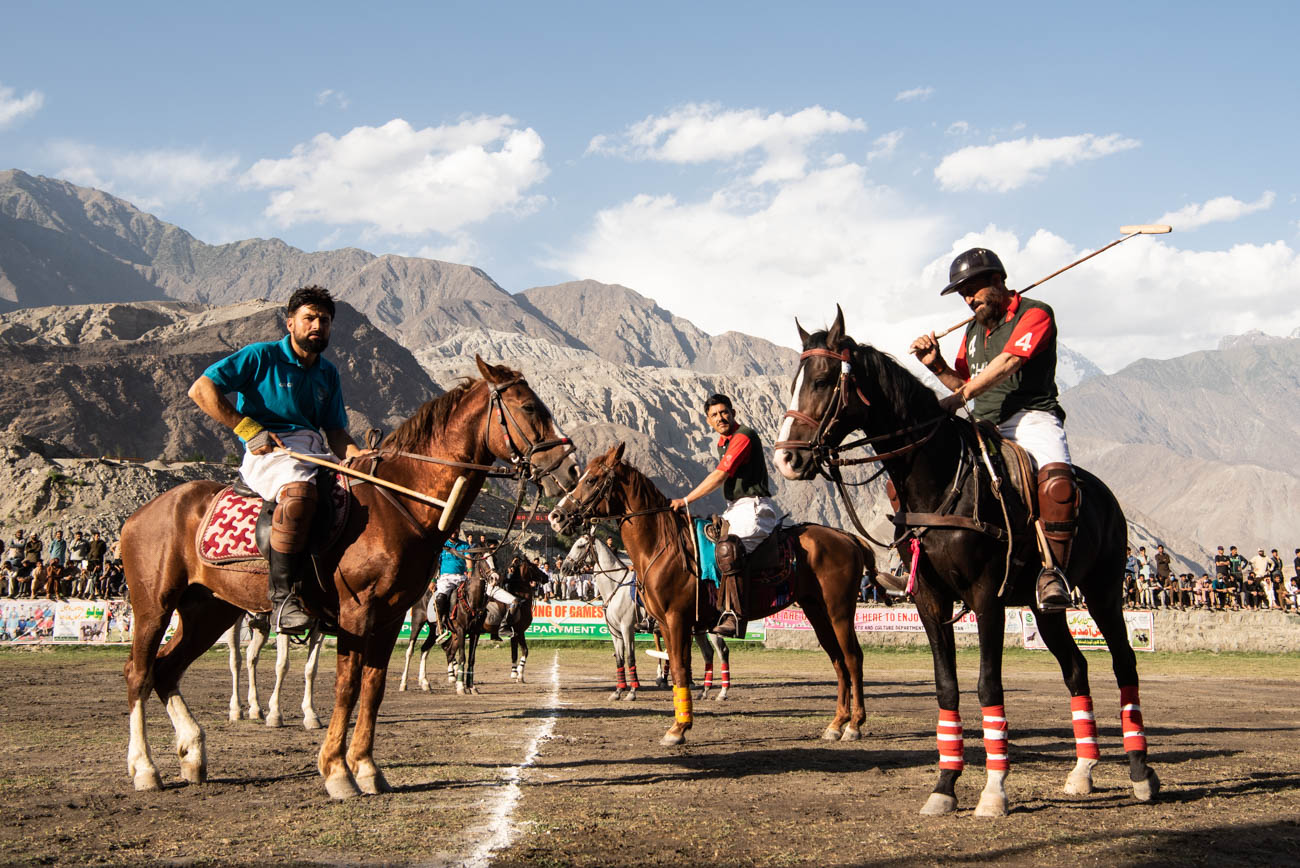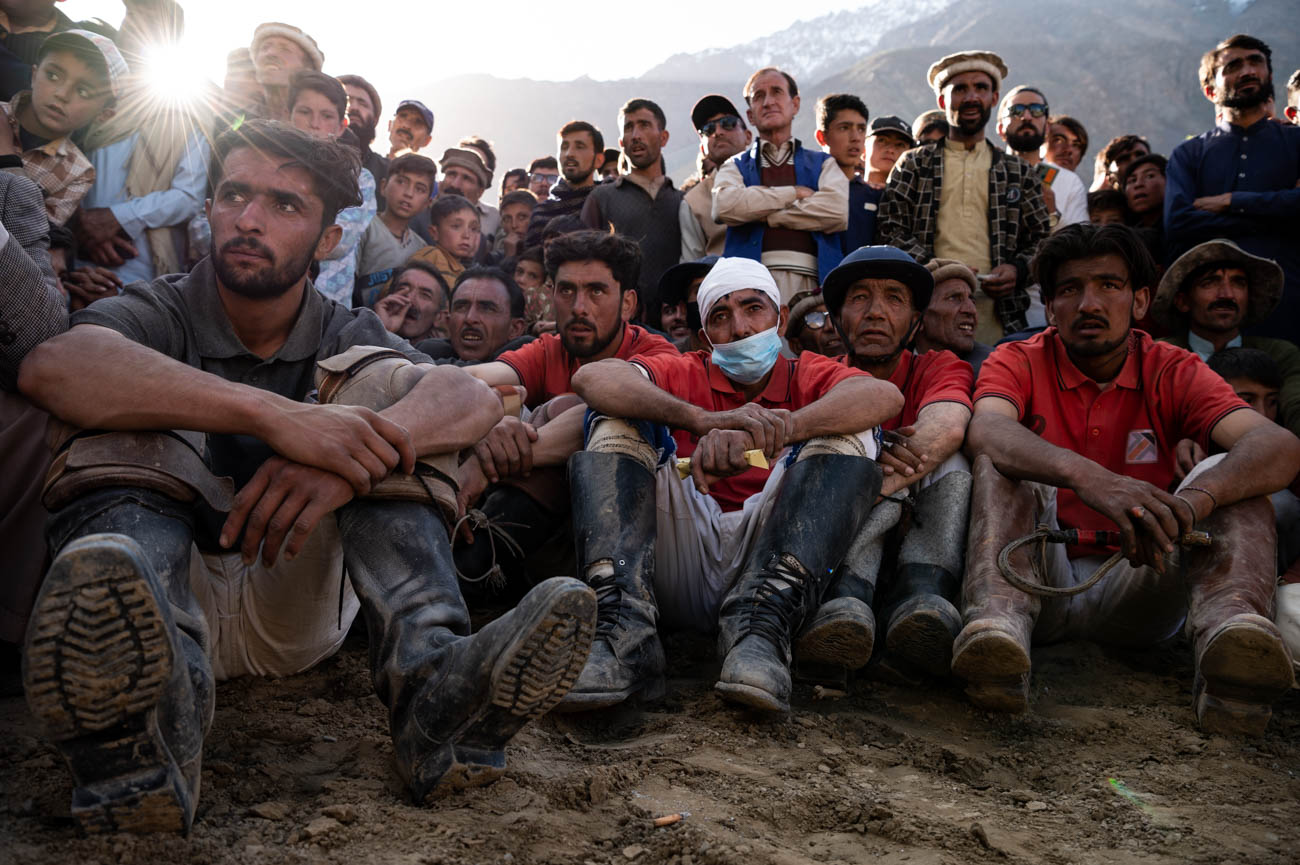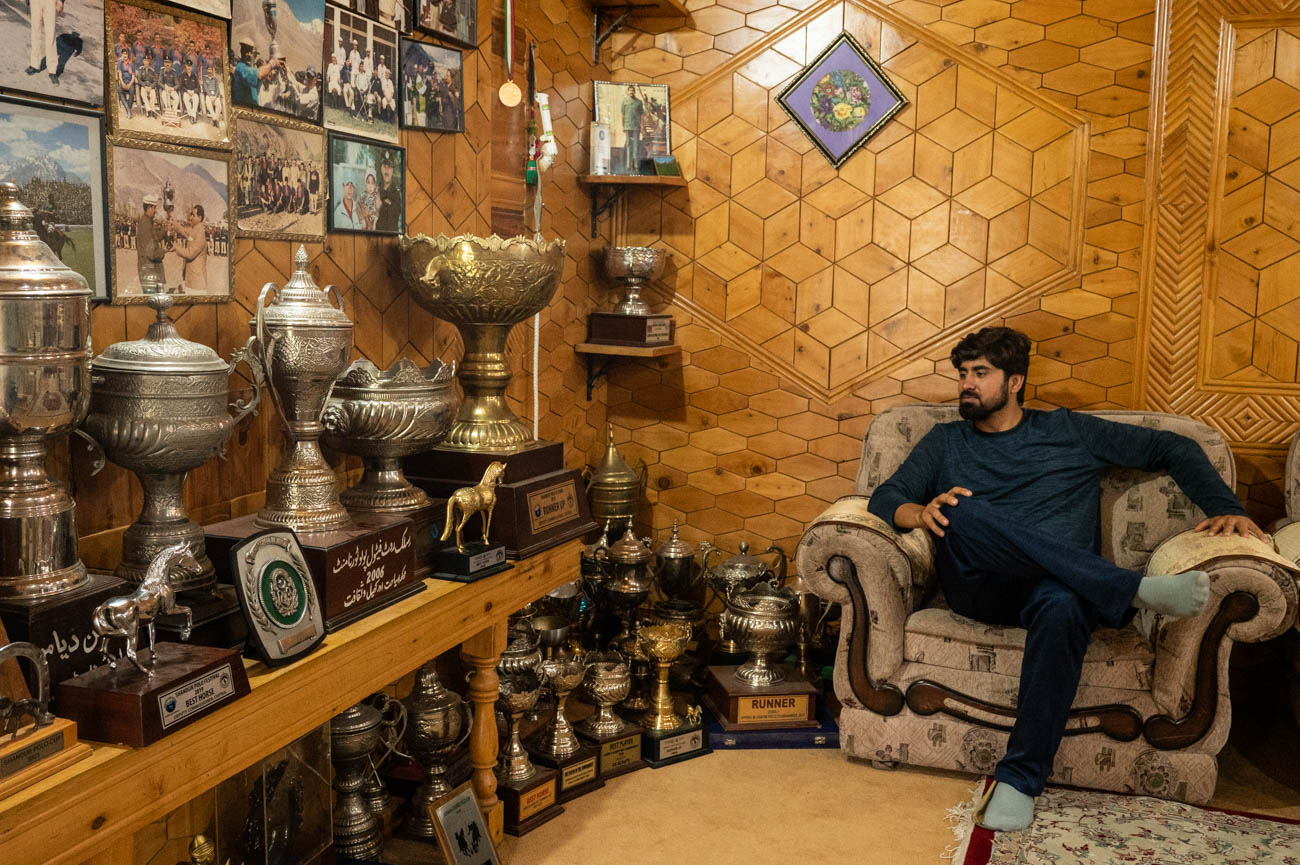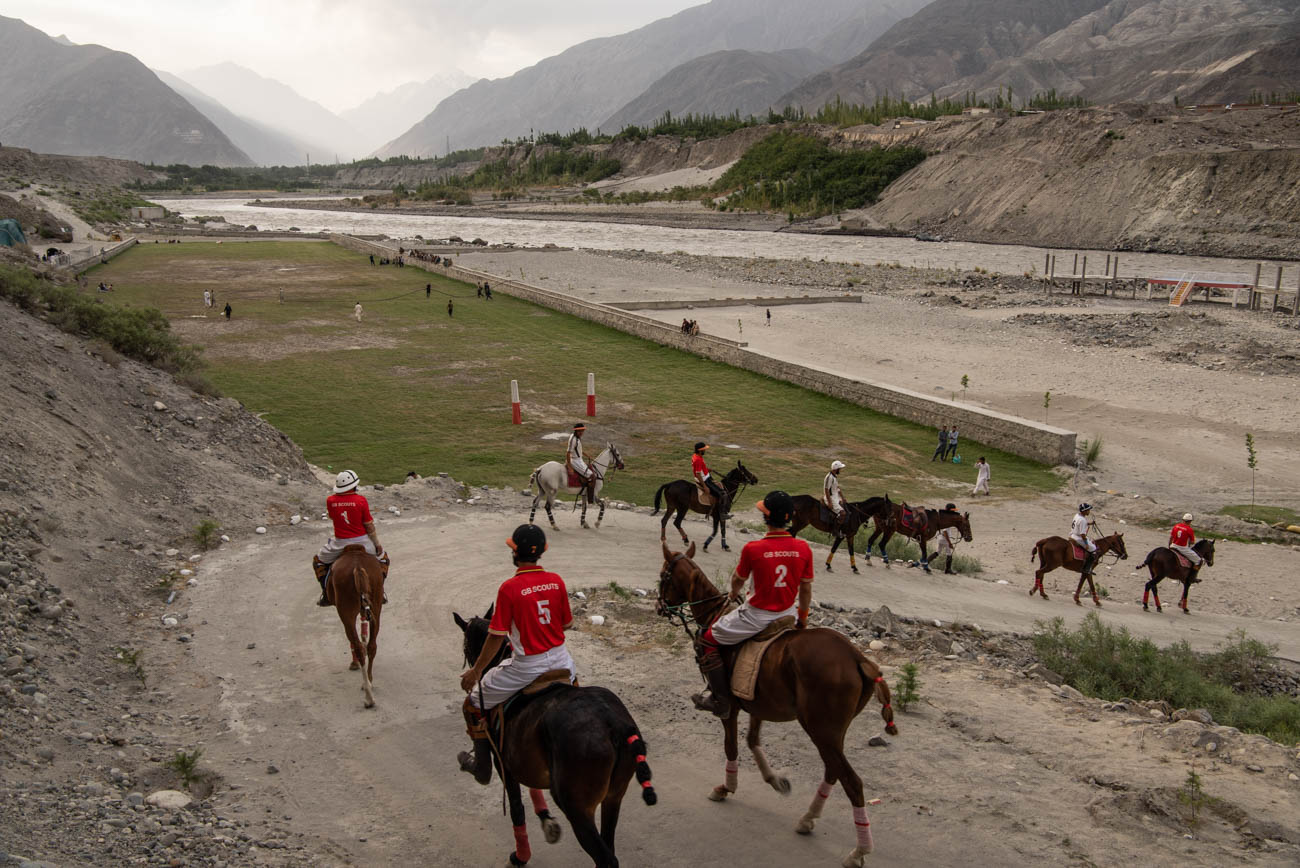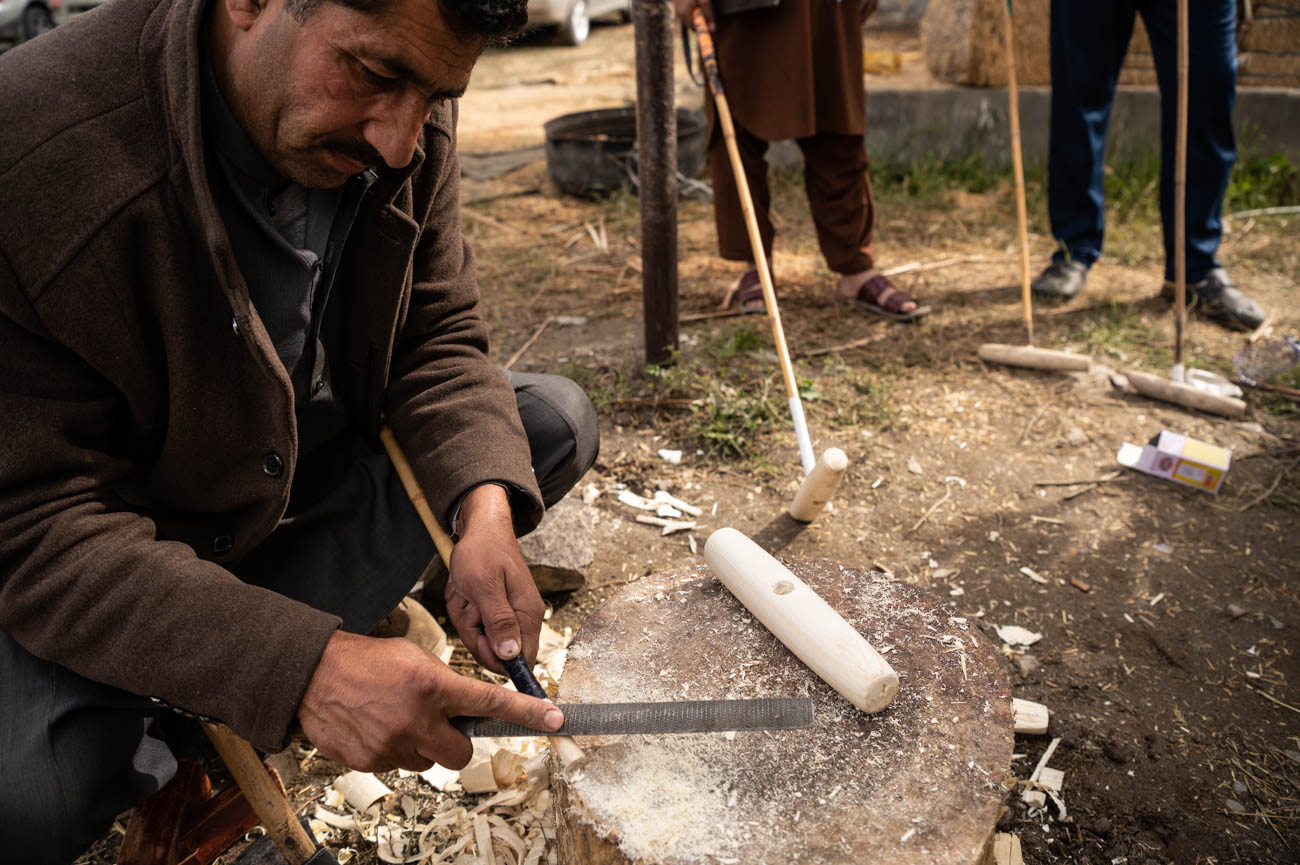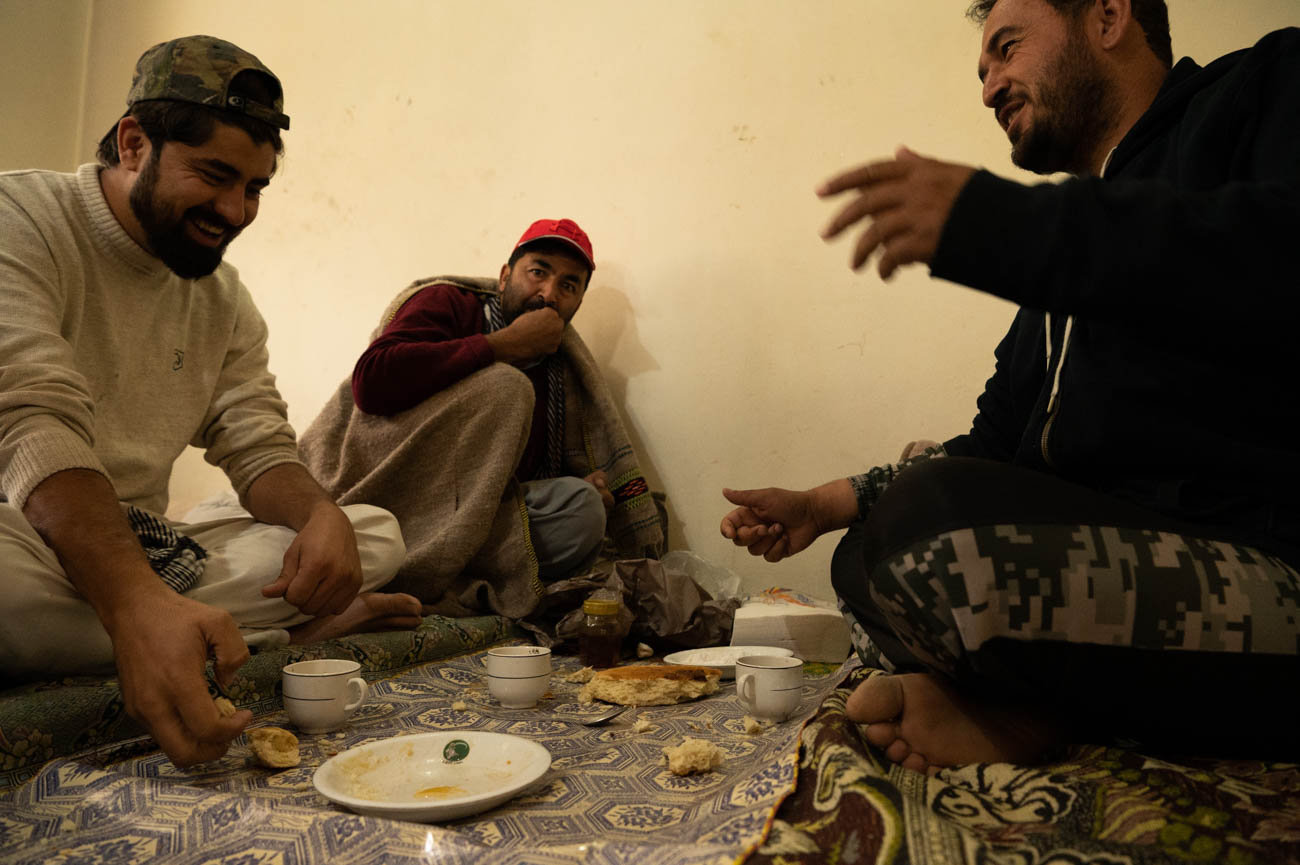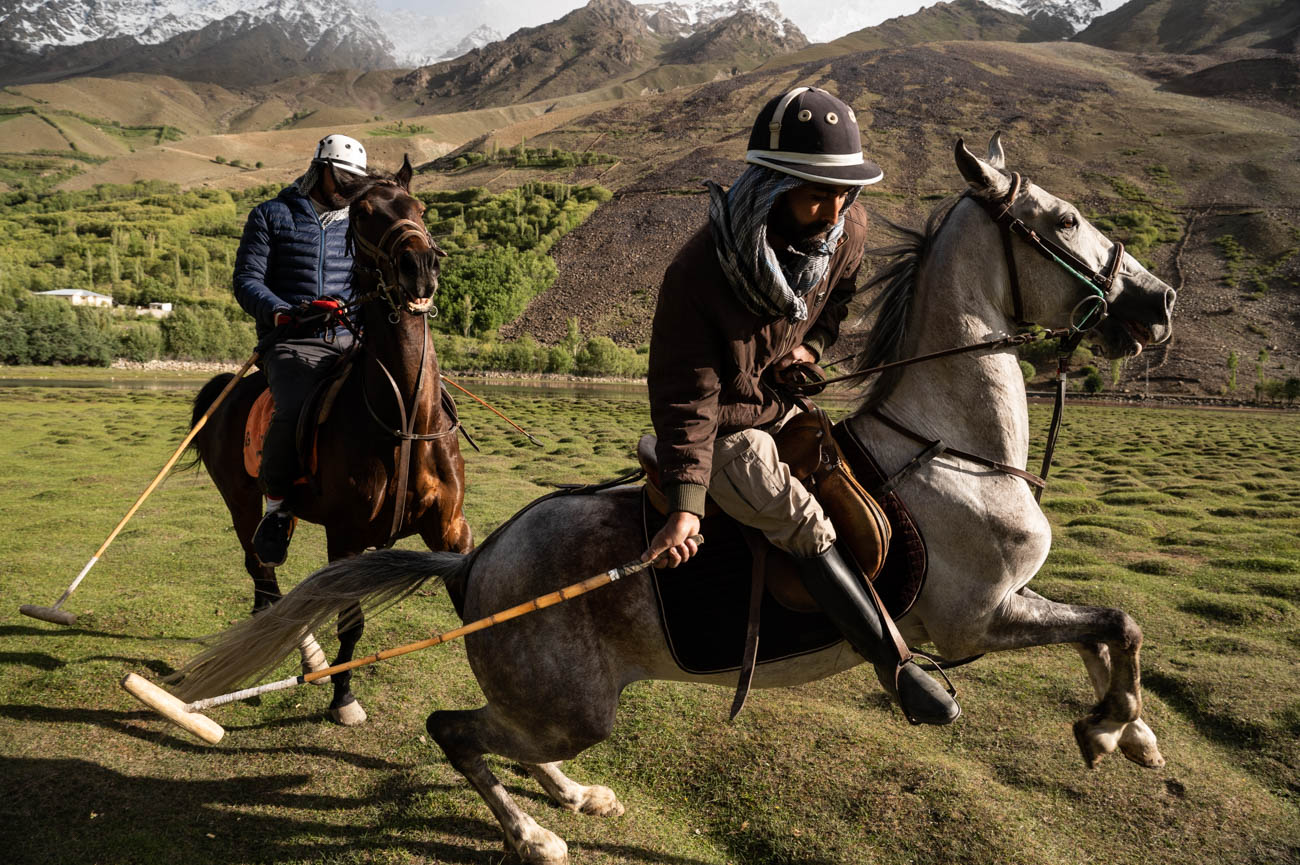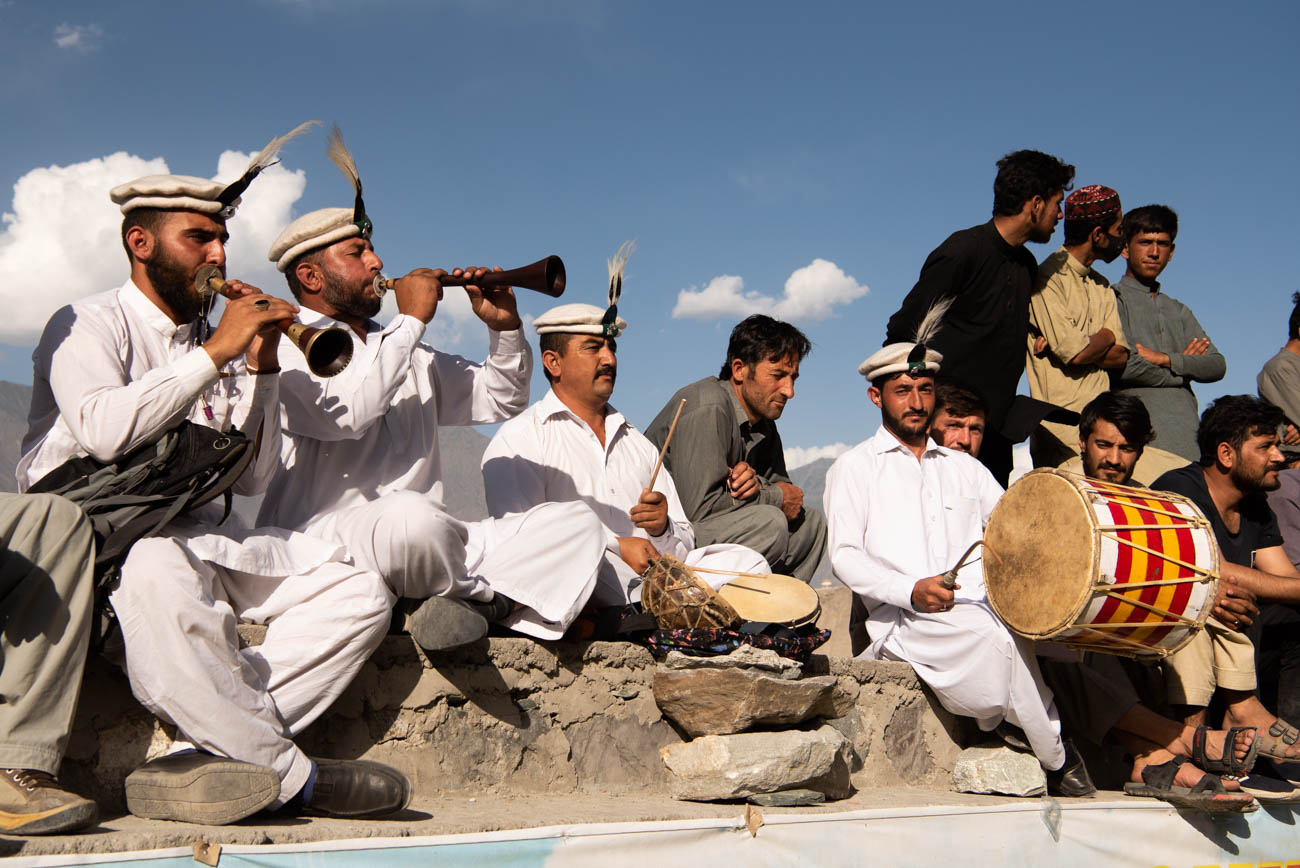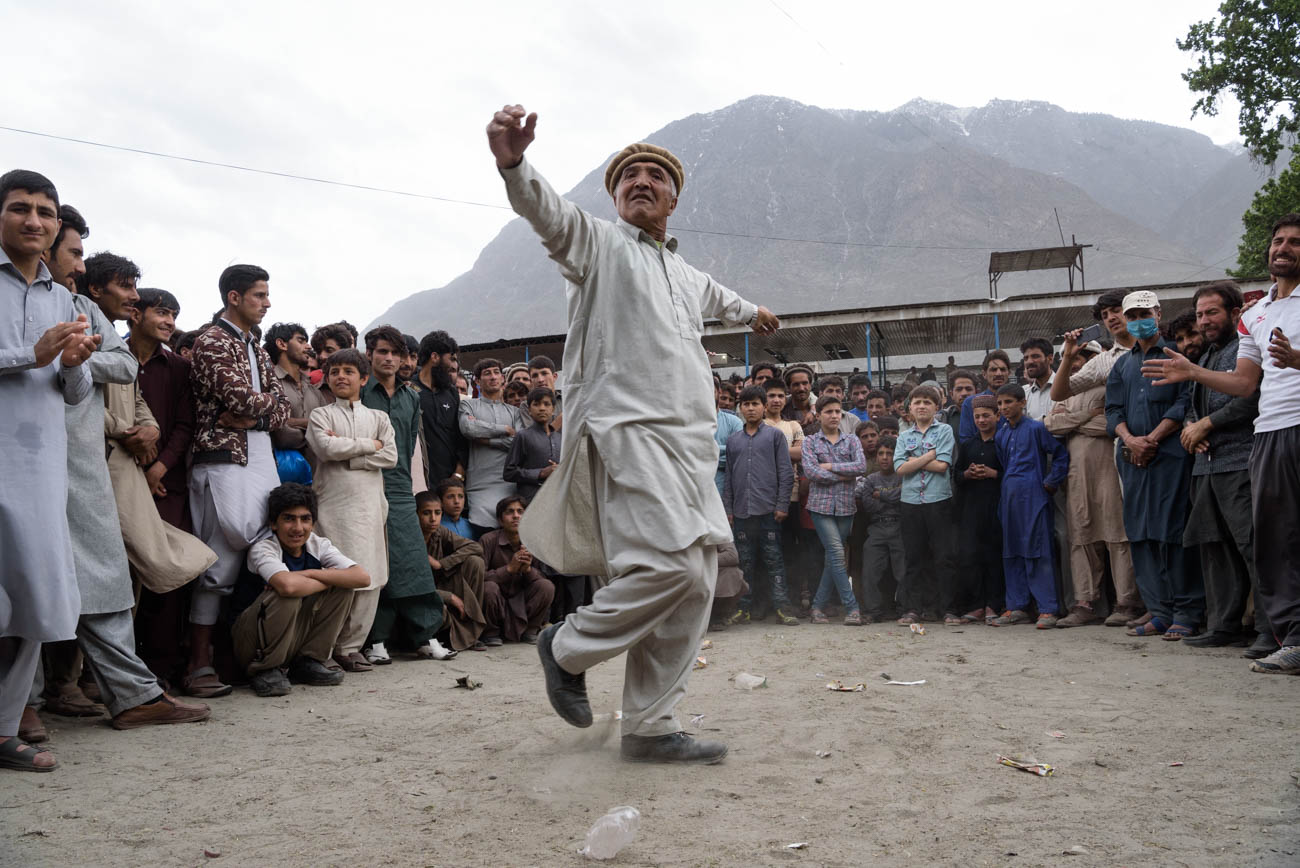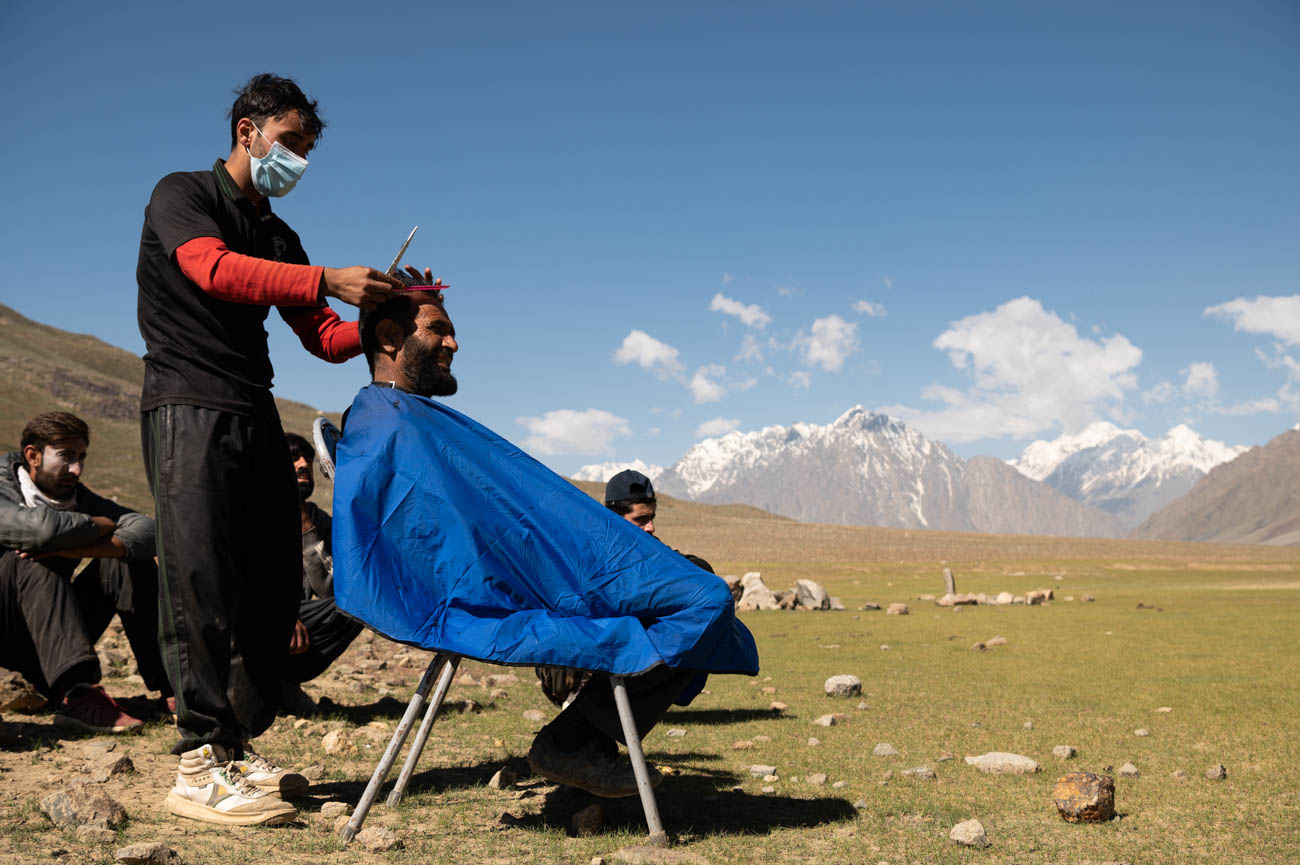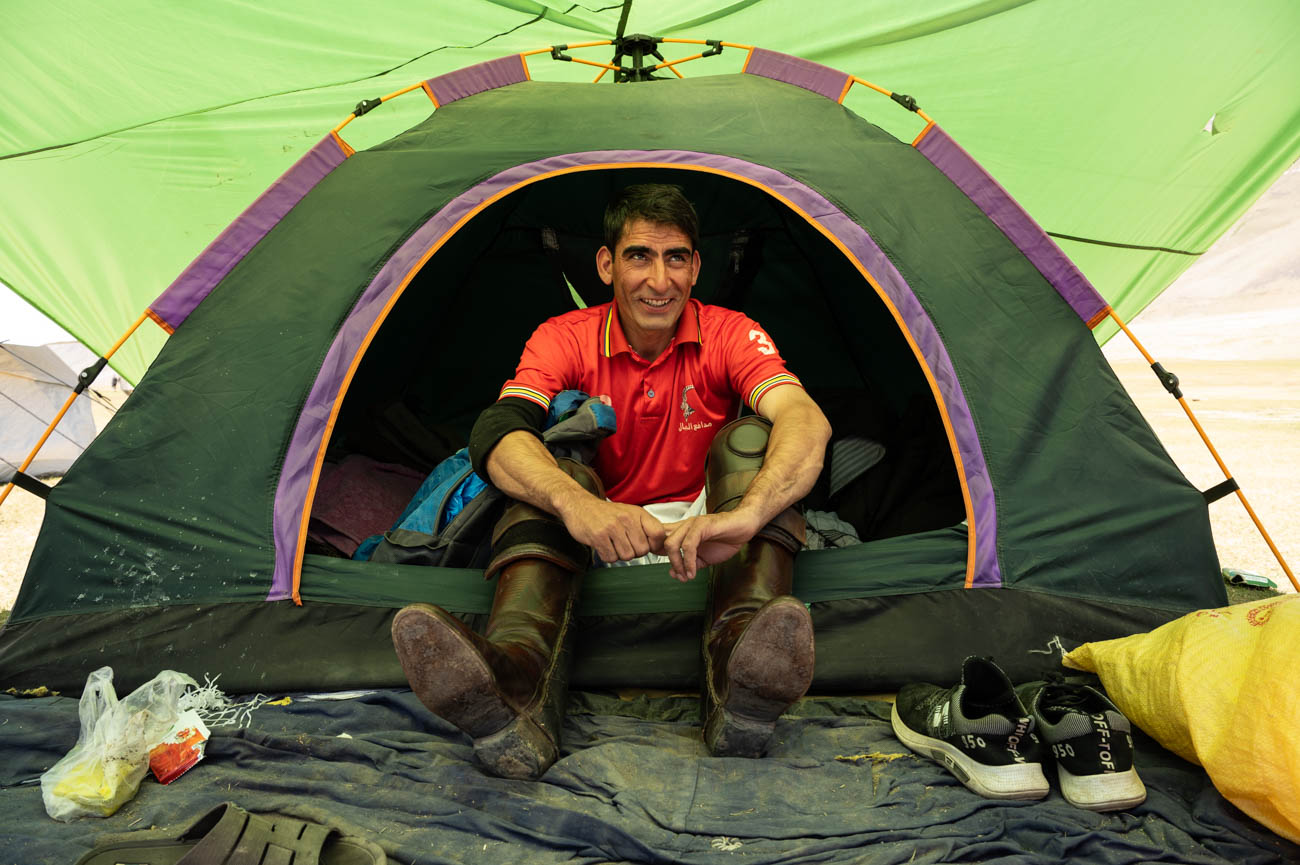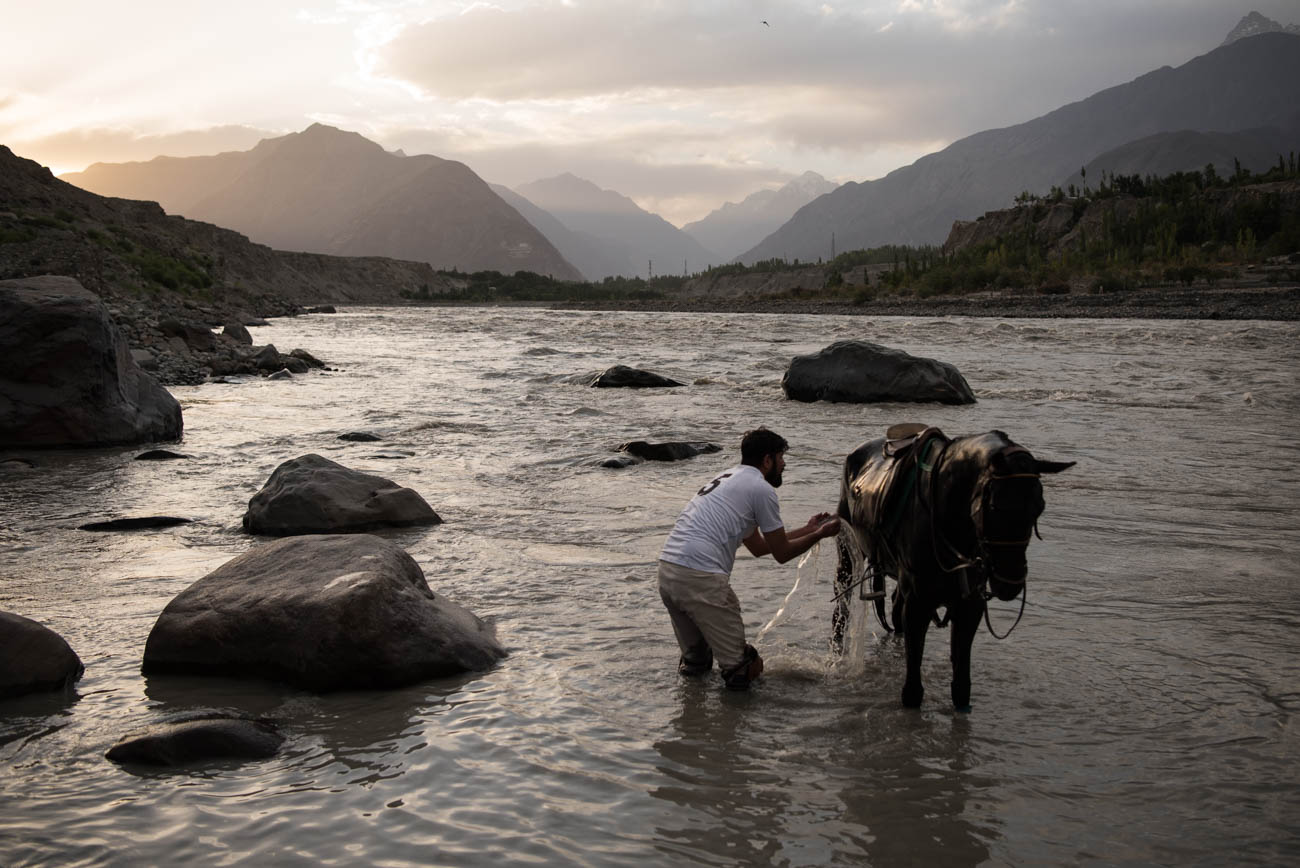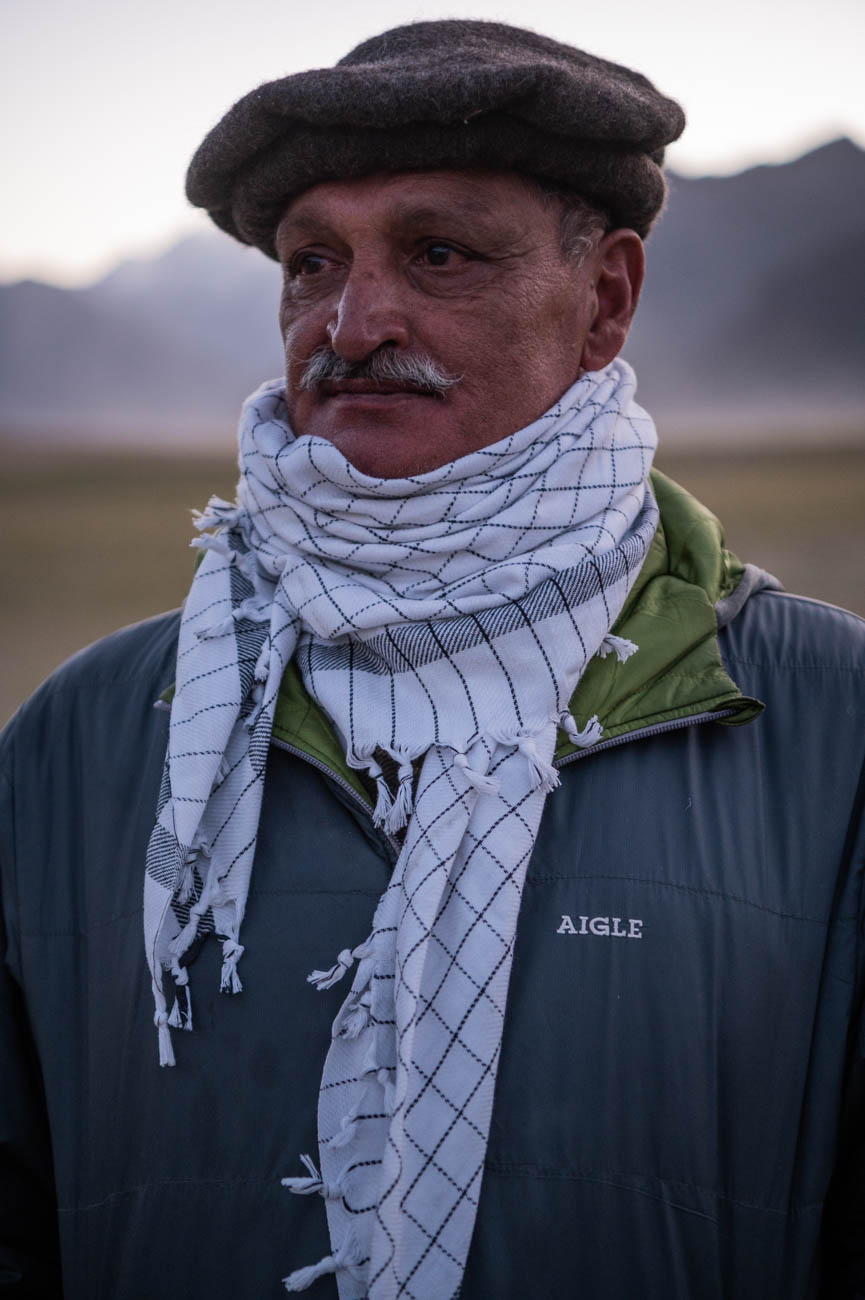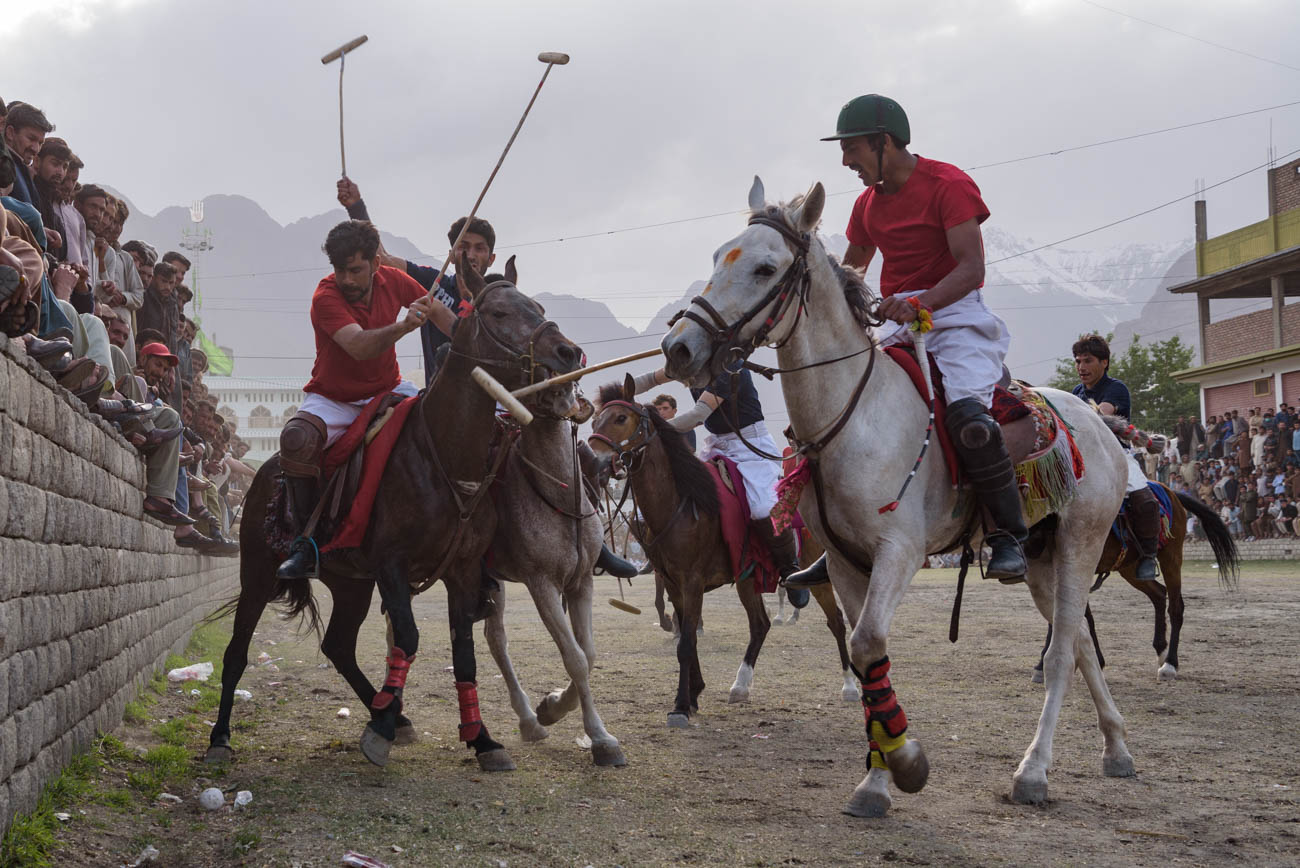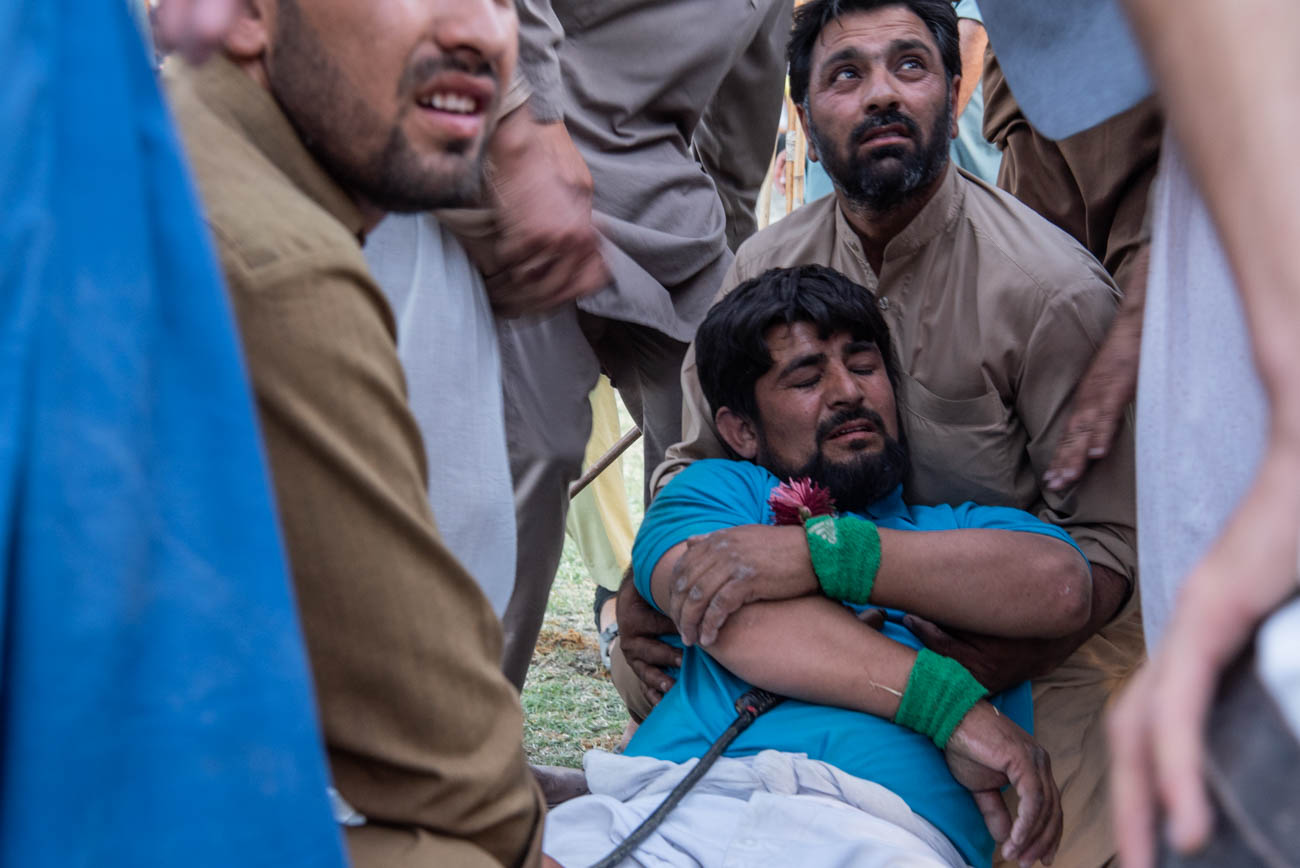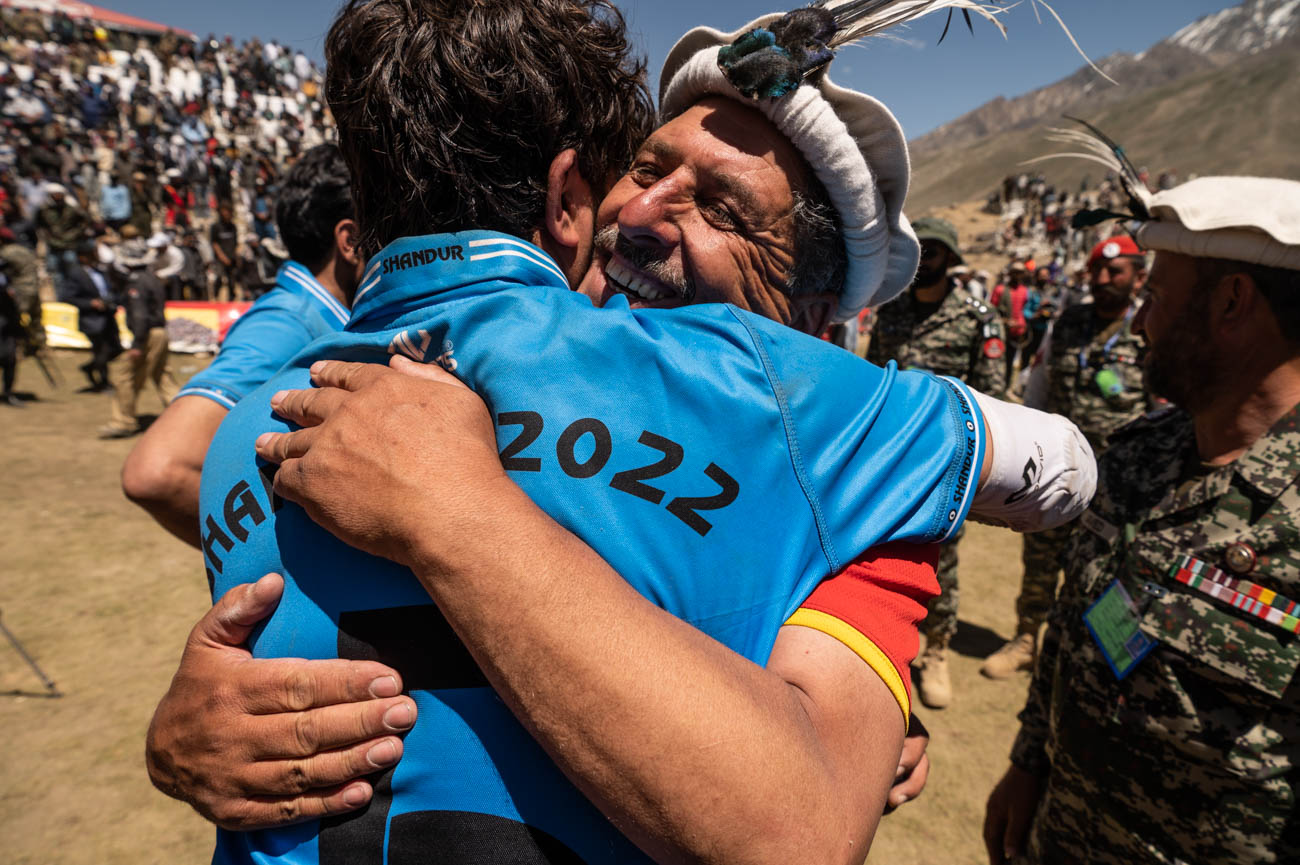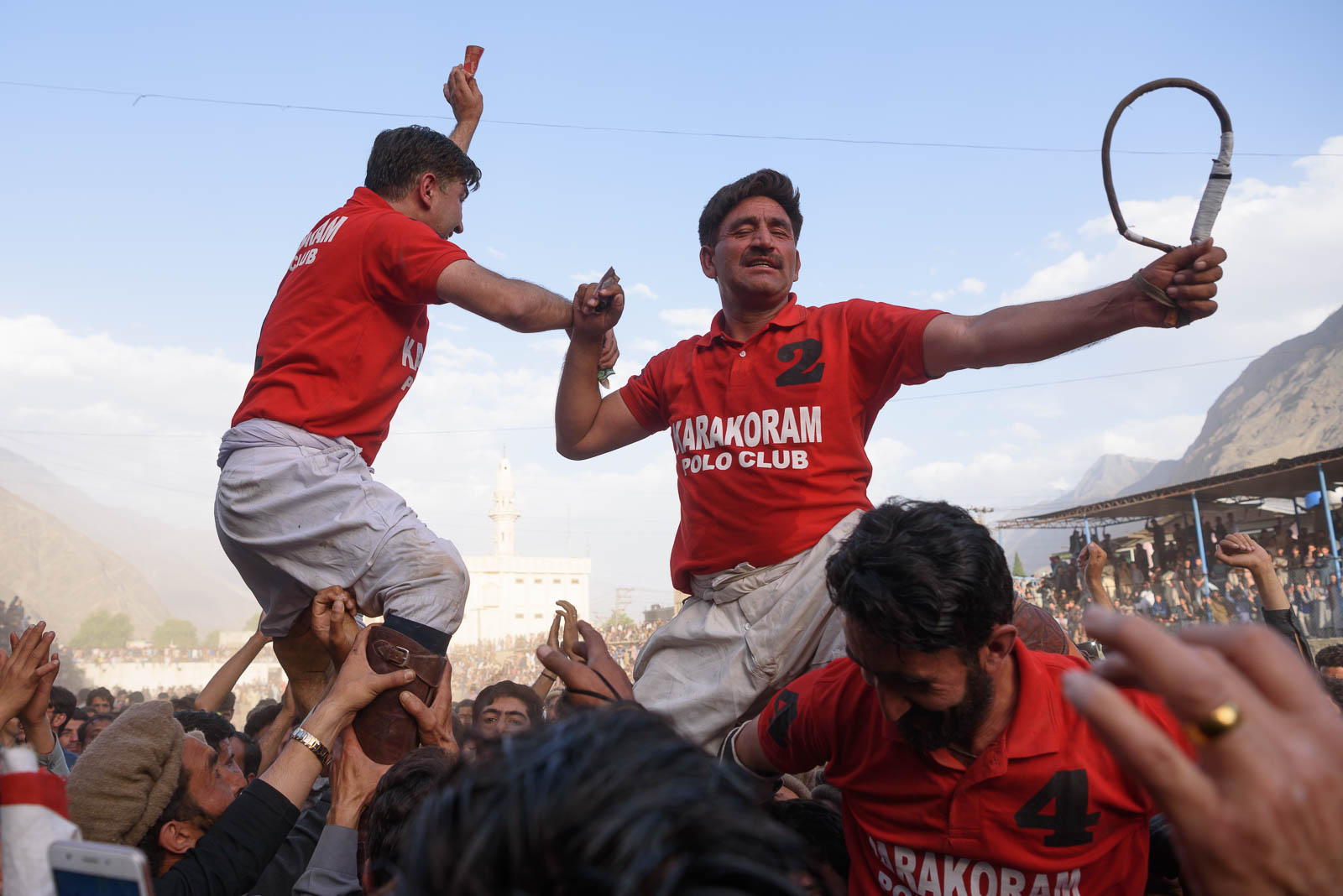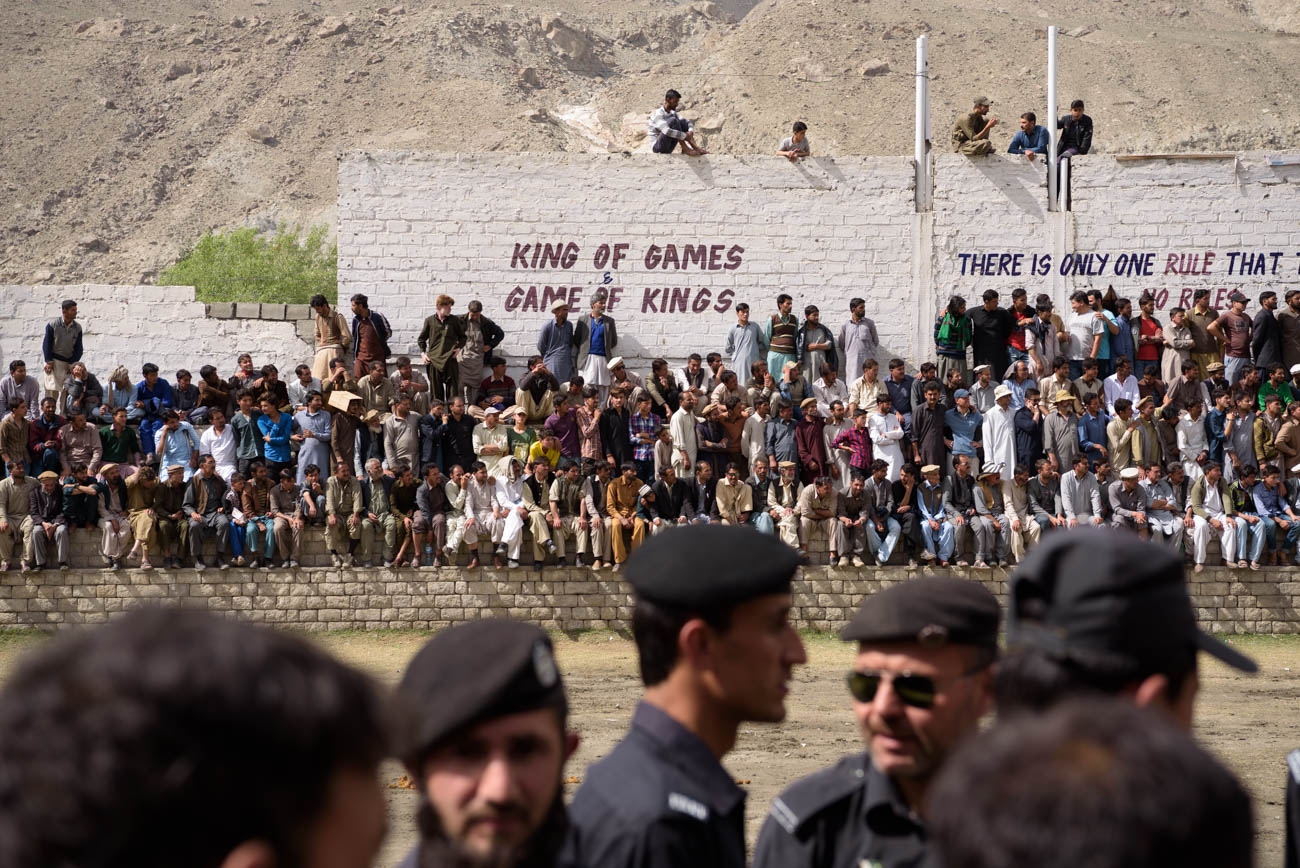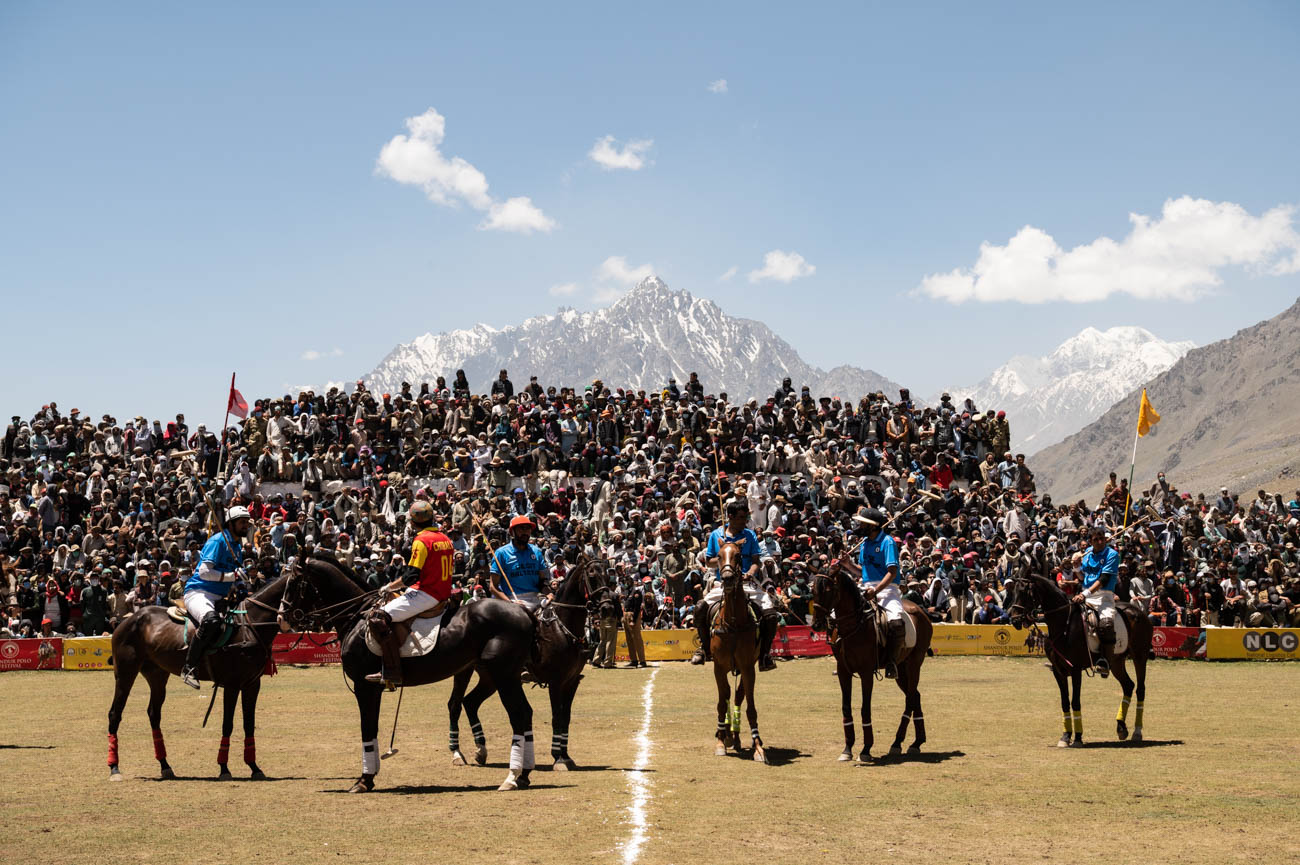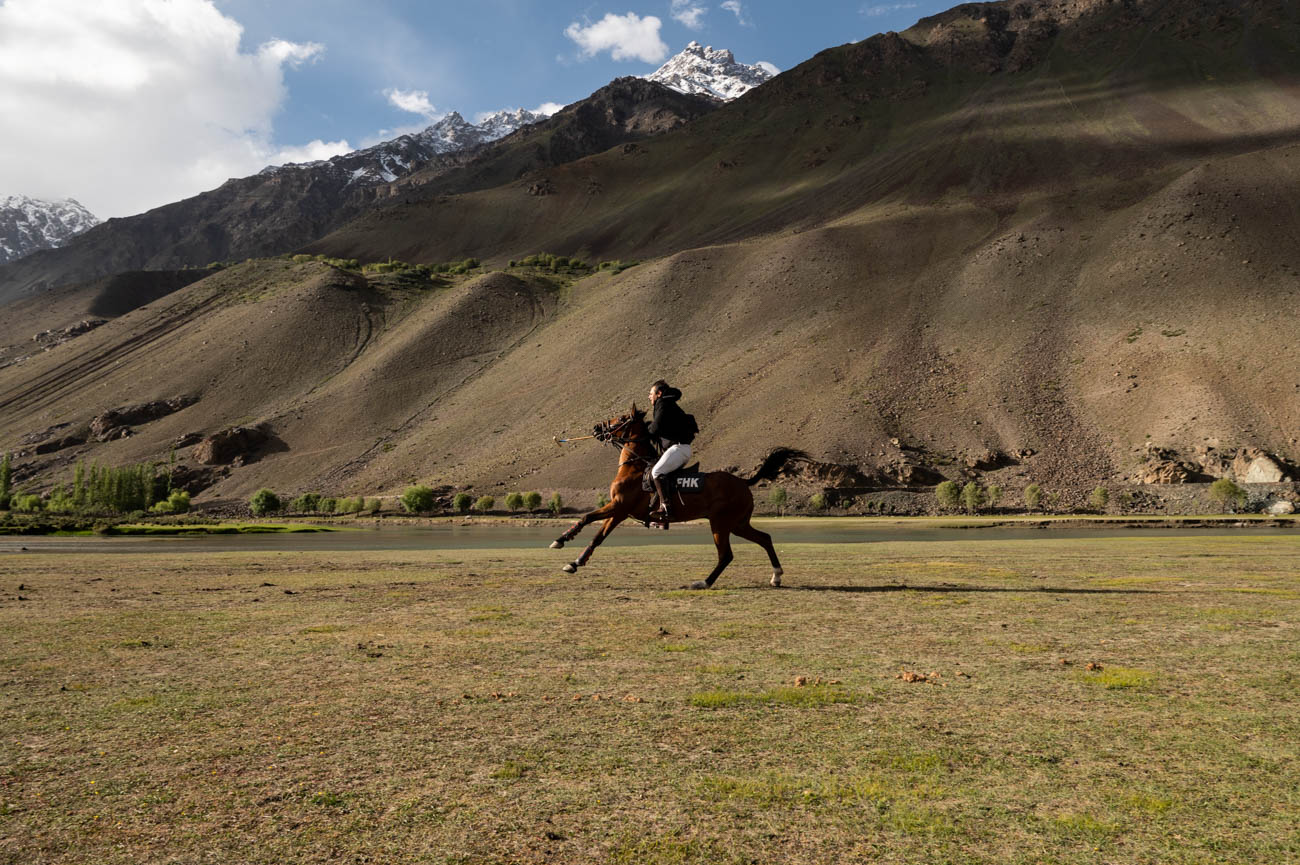A Game of Kings
A Game of Kings
The origins of polo date back to the 3rd-century bc. First played in Persia, it was a way to keep soldiers entertained and train cavalry units. It evolved into a sport played primarily by the nobility, earning it the name “a game of kings.” The polo played worldwide today is a far cry from its early days. But, in northern Pakistan, polo is still played close to its original form, known as “freestyle polo.”
The rugged and unforgiving landscape of Pakistan’s Gilgit-Baltistan region echoes the game’s true nature. Most players wear nothing for protection other than leather knee and elbow pads. Once the match begins, anything goes. Players attack one another with their mallets and check each other into the stone walls that line the field. A mob of spectators lines the field, risking being run over by horses just to steal a glance a the competition. Fans stream onto the field when the final whistle blows, lifting the winning players in the air and dancing about.
Off the field, despite the intensity of the game, players often maintain close friendships. Players usually come from families where the sport has been passed down for generations. Every village has a polo field, and neighbors near and far compete against each other annually. Players have as much respect for the sport as they do those they are competing against. For some, it’s a career, being paid to train and play. For others, it’s a hobby they pour considerable time and money into. For all of them, though, it’s a way of life. Despite the sport’s inherent dangers, they couldn’t imagine life without it.
